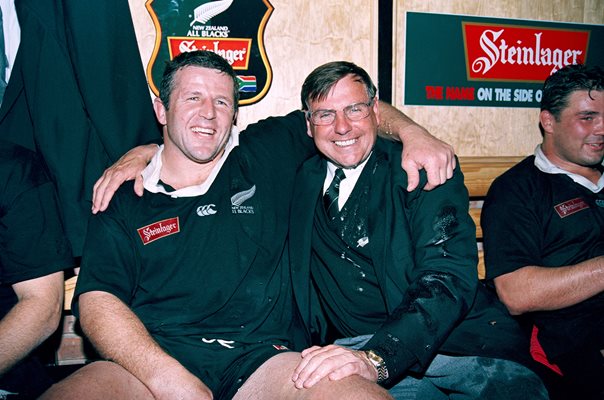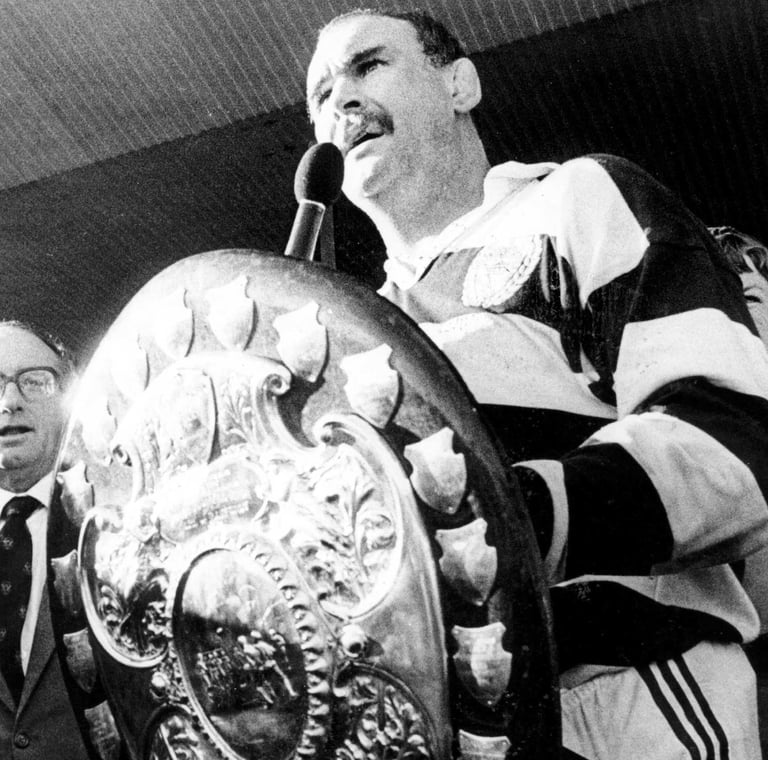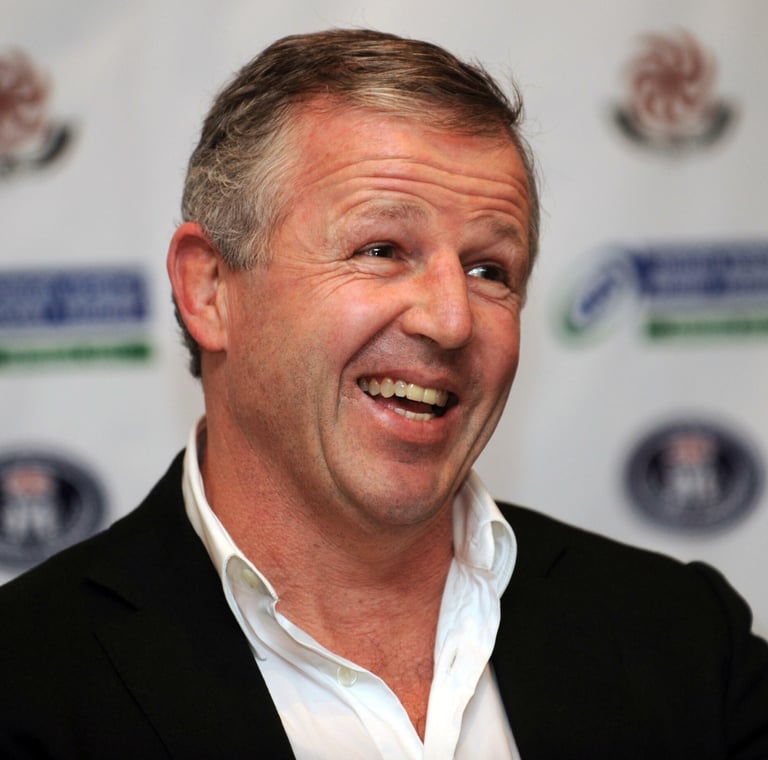Sean Fitzpatrick’s Moment of Truth
Told he wasn’t good enough, Sean Fitzpatrick faced a choice - accept failure or improve. Asking for help, facing rejection, and persevering for months, he transformed a weakness into a strength. His journey proves that resilience, humility, and relentless effort are crucial in becoming the best you can be.
Marc Ellison
2/11/20253 min read


Former All Black captain and 92-test veteran Sean Fitzpatrick was recently on the Between Two Beers podcast and spoke candidly about the turning point in his career.
As a prop-come-hooker, Fitzy soon realised throwing the ball into the lineout was his Achillies heel.
Fitzpatrick was selected for Auckland on an overseas tour in 1984 and was to be playing alongside a number of incumbent All Blacks such as Andy Haden, Gary Whetton and Alan Whetton.
All of a sudden, the required standard of lineout throwing jumped up a few notches.
On the first match of the tour, Haden realised Fitzpatrick was not up to scratch and told him to let the reserve hooker know he would be playing in the next match.
Fitzpatrick, shocked at what he’d just heard, was hoping to find an ally in his coach, future-All Black coach John Hart. However, Hart simply backed up Haden’s decision.
Ultimately, Fitzpatrick’s confidence was hit hard. He’d been getting away with his lineout throwing at club level, but now he’d made the step up to play for his province, he found himself experiencing imposter syndrome and only played one of the remaining five games on the tour.
He said, ‘I hear you’ve been doing a bit of work. I’d like to help you also.’
Fitzpatrick recalls the time in his life with some embarrassment:
“Poor old Bronwyn (his future-wife). Everywhere we went, I had a rugby ball. We’d be at the beach and I’d be practicing throwing the ball in. Is my hand the right way?”
I found this to be a fascinating moment in what would become an illustrious career as an All Black. It could all have been much different had he not taken the feedback as an opportunity to improve.
Imagine being told by not just one of your peers, but somebody you looked up to that you weren’t going to play because you weren’t good enough.
He confided in his close friends and acted on Drake’s suggestion to ask for help.
He didn’t stop there – he put himself in a vulnerable position by asking a surly older competitor, who he didn’t know, for help.
He was knocked back first around around, changed his approach and his second effort was rewarded with a meeting.
That meeting turned into nine consecutive months of Monday nights with this relative stranger.


Not long later, Fitzpatrick was back playing for his University Rugby Club against the best lineout thrower in the city, Kevin Boyle.
After the match, Fitzy’s front-row partner John Drake suggested he go and ask Boyle for some assistance.
So, Fitzpatrick wandered over to Boyle, introduced himself and asked if he could teach him how to throw the ball in.
Boyle told him where to go in no uncertain terms.
A shocked Fitzpatrick headed back to his table to share the news with Drake who asked if he’d bought him a beer?
He hadn’t.
So, off went Fitzpatrick to try again, this time with a jug of beer to sweeten the offer.
Boyle said: “Meet me at the Auckland Domain at 5 o’clock on Monday night. And, bring your own ball.
So, every Monday night for 9 months, they met at the Auckland Domain and Fitzpatrick learned how to throw the ball into the lineout.
Then, in November, Andy Haden turned up one Monday night.
Have you ever had negative feedback from a peer that made you feel insignificant or severely knocked your ego?
How did you respond?
The key to having a successful career is to seek improvement at every opportunity.
If you can’t do it yourself, ask for help.
Even if it does mean making yourself vulnerable in a public place.
For all Boyle’s macho approach in knocking back the young Fitzpatrick first-time around, he must have earned significant respect coming back to ask for a second time, particularly when there was beer involved.
Perhaps it was that respect that meant Boyle turned up every Monday night for nine months to help someone he barely knew. All for no financial gain. Ultimately. out of the goodness of his heart. Not that he would’ve let it be known in 1980s alpha-male New Zealand society.
As Buzz Williams, the American college basketball coach believes, 'it’s about being an every-day guy.'
What one-thing are you doing today to give yourself the best chance of success?



